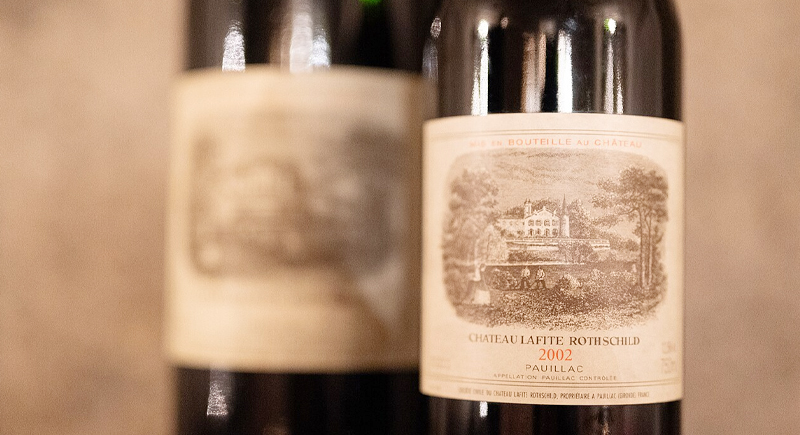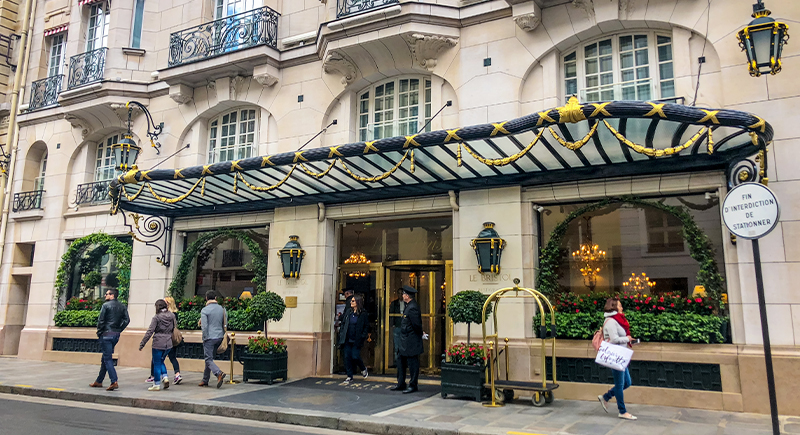Why Are Billionaires Suddenly Dumping Their Expensive Assets?
Owning a rare watch, a century-old bottle of wine, or a seaside mansion used to be the ultimate billionaire sport. These purchases defined status and exclusivity. In fact, you probably first heard of a Rolex as a purchase by a wealthy person. But something unusual has happened among these elites.
Across the world, the ultra-rich are selling off the very things that once symbolized their power. It’s an unexpected turn for those who have more than enough money. So, what’s behind it?
The Great Luxury Cooldown

Image via Wikimedia Commons/MaT-WiKi1
After nearly a decade of steady growth, luxury assets began losing value in 2023. The Knight Frank Luxury Investment Index, which tracks fine art and collectible cars, dropped around 6% after years of increases.
Bordeaux wines such as Lafite Rothschild and Château Margaux fell about 20%. Private jets and yachts in the United States lost roughly 6% of their worth, while used Rolex watches declined by nearly 30% compared to 2022. High-end real estate in London and Paris has slowed, and buyers are pausing before making big purchases.
The slowdown doesn’t signal financial trouble. Billionaires are multiplying, now exceeding 3,000 worldwide, and the wealthiest Americans hold more of the nation’s assets than ever before. According to Moody’s Analytics, spending among the top 3% has risen since 2022. What’s really changed is how the rich define value. Exclusivity has faded from ownership.
Economist Thorstein Veblen argued that luxury thrives on scarcity. People desire what few can access. That idea is fading in a world where synthetic diamonds rival natural ones, designer clothing hits resale sites days after launch, and private jets can be rented through an app.
Art has become fractionalized by allowing many to own small pieces of the same masterpiece. Plus, social media has turned luxury into public viewing. The private circles that once prized discretion now live online. Ownership looks less impressive when everyone can witness it.
The New Status Symbol

Image via iStockphoto/anouchka
Wealthy buyers are channeling their spending into items that cannot be duplicated or traded. The Ultra-Luxury Services Index has jumped nearly 90% since 2019 as demand grows for exclusive travel, dining, and once-in-a-lifetime access.
A night at Le Bristol in Paris now costs twice as much as it did in 2019. Household staff in Palm Beach earn upward of $150,000 a year. Tickets to Wimbledon or the Super Bowl have doubled, and entry to the Met Gala remains one of the most desired privileges.
Dining at restaurants like Benu in San Francisco costs roughly 78% more than it did in 2015. The wealthy are moving toward experiences instead of possessions that gather dust.